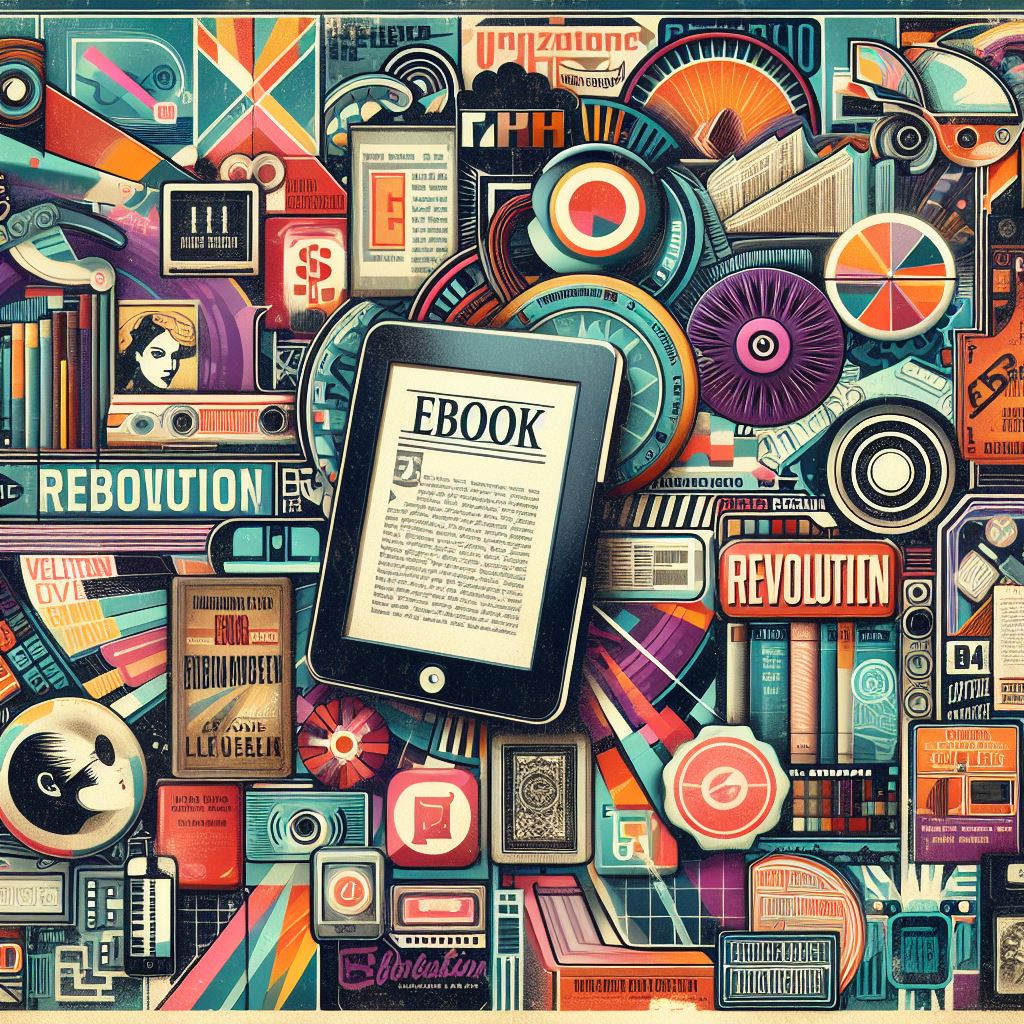In the digital age, technology has transformed various aspects of our lives, including the way we read and consume written content. One of the most significant advancements in this regard is the rise of ebook readers. Ebook readers, such as Kindles and Nooks, have revolutionized the way we access and engage with books. This article explores how ebook readers are changing reading habits and reshaping the future of reading.
The Convenience of Digital Reading
One of the key advantages of ebook readers is the convenience they offer. With ebook readers, we can carry an entire library of books in a single device, eliminating the need to carry heavy physical books. This portability enables us to access our favourite books anytime, anywhere, making reading more accessible and convenient than ever before. Additionally, ebook readers allow us to adjust font sizes, line spacing, and background colours, catering to individual reading preferences and enhancing the reading experience.
Expanding Reading Opportunities
Ebook readers have also expanded reading opportunities, especially for those with limited access to physical books. With the rise of digital libraries and online bookstores, readers can now access an extensive collection of books instantly. This accessibility is particularly beneficial for individuals living in remote areas or countries with limited access to bookstores or libraries. Furthermore, ebook readers have made it possible to access books in different languages, broadening the scope of reading and promoting cultural exchange.
Digital Reading Enhancements
Digital reading platforms offer features that enhance the reading experience. Ebook readers often come equipped with interactive features like highlighting, note-taking, and dictionary lookups, allowing readers to engage more actively with the text. These features facilitate comprehension, note-making, and research within the context of reading, making the overall reading experience more interactive and engaging.
The Impact on Reading Habits
The advent of ebook readers has had a profound impact on reading habits. According to recent surveys, ebook readers tend to be more avid readers across all formats. They read more books, read more frequently, and explore a wider range of genres compared to non-ebook readers. Ebook readers also report spending more time reading, with many stating that they read more now than before the availability of digital content. This increased engagement with reading can be attributed to the accessibility, convenience, and interactive features provided by ebook readers.
Ebook readers have also influenced how readers acquire books. With the ease and convenience of digital purchasing, ebook readers are more likely to buy books rather than borrow them. Online platforms offer a wide selection of books, often at lower prices, making it more enticing for readers to purchase their favourite titles. The ability to instantly download books also eliminates the need to wait for shipping or visit physical bookstores, further facilitating the acquisition of books.
The Future of Reading
As technology continues to advance, the future of reading is likely to become increasingly digital. While print books still hold a significant place in the market, the popularity of ebook readers and digital reading is steadily growing. The convenience, accessibility, and interactive features offered by ebook readers make them an attractive option for readers of all ages. However, it is important to note that print books still have their loyal readership and will likely coexist with digital reading in the future.
The Role of Libraries in the Digital Age
Libraries have also adapted to the digital age, embracing ebook lending and online databases. Instead of physically browsing library shelves, readers can now reserve and borrow ebooks online. This shift has made library resources more accessible and convenient, catering to the changing reading habits of the digital era. However, some traditional libraries still face challenges in keeping up with the advancing technology, risking potential obsolescence if they fail to adapt.
The Rise of E-Reading Services
The rise of ebook readers has also led to the emergence of e-reading services. These subscription-based platforms, such as Oyster and Scribd, provide users with access to a vast library of ebooks. Users can choose from various genres and enjoy reading on their preferred devices. E-reading services offer a cost-effective and convenient alternative to traditional book purchasing, allowing readers to explore new titles and authors effortlessly.
The Influence of Social Media on Reading
Social media platforms have become significant influencers in the reading landscape. Readers can now discover new books, engage in discussions, and share recommendations with their peers through platforms like Goodreads and Bookstagram. Social media has created a virtual community of book lovers, fostering a sense of connection and shared enthusiasm for reading. These platforms also provide authors with an opportunity to engage directly with their readers, receive feedback and build a loyal following.
The Educational Impact
Ebook readers are not only transforming recreational reading but also have a significant impact on education. Students can now carry their textbooks and study materials in a single device, eliminating the need for heavy backpacks. Ebook readers offer features like highlighting, note-taking, and search functions, enhancing the learning experience and promoting active engagement with the text. Online learning platforms and digital textbooks have also become increasingly popular, providing students with interactive and multimedia-rich content.
The Importance of Reading Culture
Despite the advancements in technology, cultivating a reading culture remains crucial. Encouraging reading habits, whether in print or digital form, is essential for personal growth, knowledge acquisition, and critical thinking. Parents, educators, and policymakers play a vital role in fostering a love for reading and ensuring access to diverse reading materials. Balancing screen time and promoting a healthy reading lifestyle is key to harnessing the benefits of technology while maintaining a strong reading culture.
Conclusion
Ebook readers have undeniably revolutionized reading habits, offering convenience, accessibility, and interactive features that enhance the overall reading experience. These devices have expanded reading opportunities, transformed book acquisition, and influenced the future of reading. However, it is important to strike a balance between digital and print reading and nurture a reading culture that embraces both forms. The digital age has brought remarkable changes to the way we read, and with further advancements on the horizon, the future of reading holds exciting possibilities.

